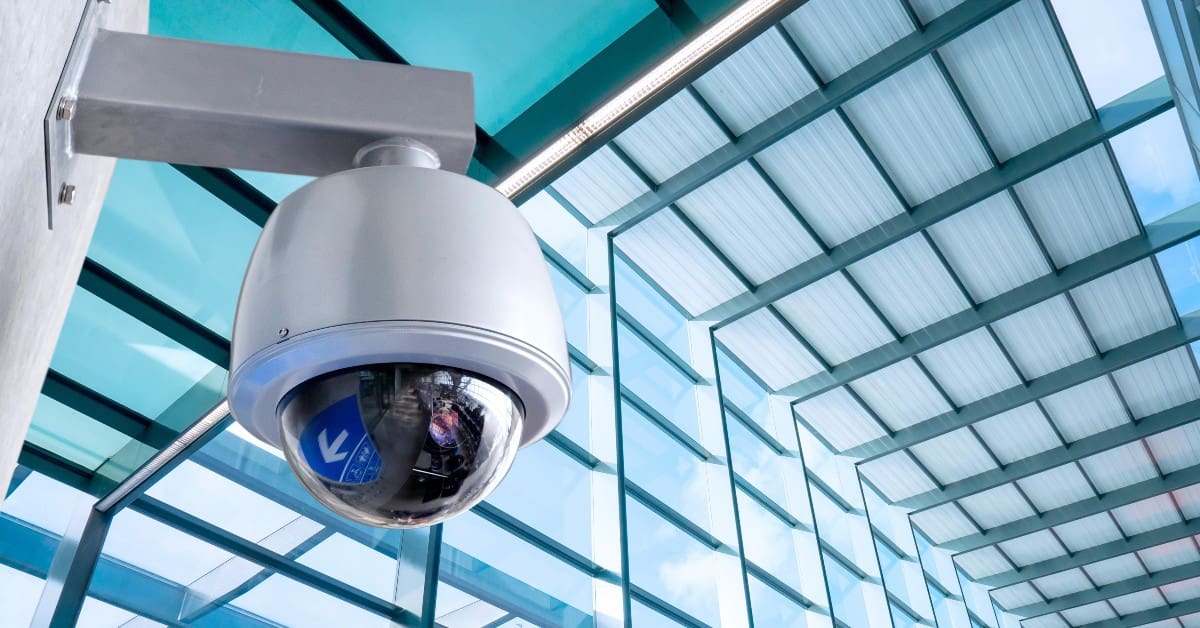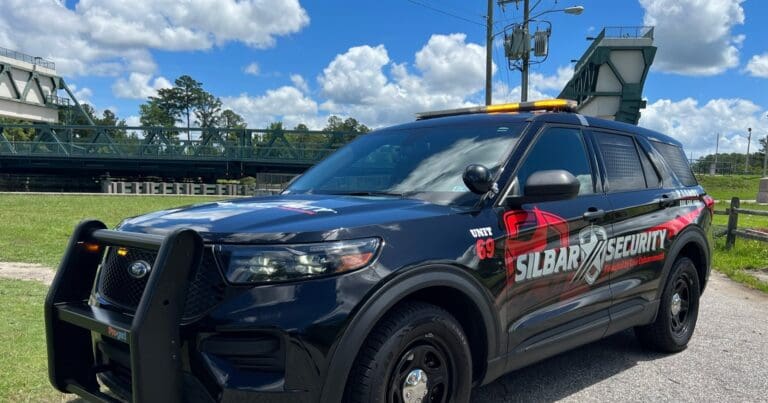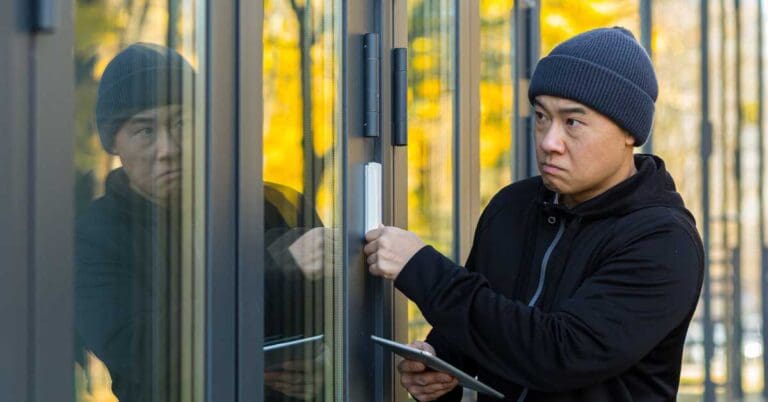Security guards are tasked with many things, such as patrolling properties and protecting people. Their primary responsibilities are deterring crime, responding to threats, and ensuring that people remain safe at all times. Many different clients hire security guards to help in a variety of situations.
Small businesses and commercial companies hire security as a preventative measure to ensure their assets and people are always protected. While event planners enlist the services of security guards to maintain the peace and ensure their events are safe. This is just a snapshot of the plethora of potential clients a security guard can serve.
This post will help you understand what security guards do and how they might benefit you.
Security Guard Duties and Responsibilities
What do security guards do? It depends on where they work and the needs of their clients. Generally, guards are hired to perform patrols, stand guard, or monitor surveillance footage and respond to suspicious activity.
The primary duties of a security guard can include:
- Observing and patrolling areas for any abnormalities
- Enforcing rules and laws on the premises
- Controlling access to a building or event
- Conducting security checks at entry points
- Monitoring and maintaining security cameras and alarms
- Responding to security concerns filed by guests, customers, employees, or tenants
What Do Security Guards Do?
In addition to their general responsibilities of observing, patrolling, and protecting people and assets, guards can also be hired to perform specific security services. These can range from temporary and emergency services to full-time positions.
Vehicle Patrol
Vehicle patrol, also called mobile patrol, allows guards to effectively monitor the perimeter of a property and quickly respond to any suspicious activity reports. Silbar Security’s guards use police-grade vehicles to monitor and patrol various locations, including college campuses, neighborhoods, residential apartment communities, office buildings, hotel grounds, and more.
Event Staffing
Events often need security personnel to ensure the safety of staff and attendees. Security officers can develop strategies for crowd control, ensure a steady flow of foot traffic, verify tickets, and maintain a safe environment for everyone onsite. Events that may benefit from security include carnivals, festivals, concerts, and seminars.
Access Control
Access control in schools, communities, office buildings, events, and more ensures everyone’s safety. Security guards can handle all levels of access control, including parking access, entry access, and guided access to specific floors or rooms on a property. They can also keep track of every visitor on a property and monitor their comings and goings to ensure the property always remains secure.
Business Security
Corporate settings are considered safe by most standards, but that does not mean they cannot benefit from additional security. Security guards can ensure that the company’s rules are always followed and that people conduct themselves appropriately in the workplace. Suppose there is ever an escalating conflict or a threat of violence. In that case, the security guard can respond swiftly to protect employees.
In other types of businesses, such as hotels and retail stores, security guards help deter criminal activity, provide support to staff, and offer additional protection to guests. During a fire, natural disaster, or other incident, security guards onsite can oversee evacuation procedures and collaborate with local authorities.
Armed vs. Unarmed Guards
Both armed and unarmed security guards can protect a property. The main difference is that armed guards have completed additional weapons training and are permitted to carry a firearm on duty. Armed guards also tend to cost more than unarmed guards. Despite this, both guards are trained to provide professional security. In doing so, they aim to reduce risks and prevent criminal activity before ever needing to take more extreme measures.
Know that you can receive the same caliber of service from both armed and unarmed guards. The biggest difference is that armed guards can use a firearm if necessary, making them preferable among businesses in high-risk industries or events with greater risks to crowd safety.
How Does Someone Become a Security Guard?
Generally, security guards must be at least 18 years old (21 in some states) and pass a criminal background check and drug screening. They must also complete state-mandated training to earn their security guard card, which licenses them to work in their state. The requirements for armed and unarmed guards also differ; all guards who carry firearms must complete additional training and may even be required to earn a personal firearms license.
At Silbar Security, we have strict security guard requirements; applicants must be at least 18, have U.S. citizenship or the legal right to work in the United States, pass a background check and drug screening, and possess a clean driving record. Our armed guards must have their firearm license and complete their armed guard training per their state’s requirements. If they have a service history, they must have either retired or been honorably discharged from the military.
Request a Free Security Consultation
If you would like to know more about how security guards could help your business, contact our team of experts at Silbar Security today. We would be happy to answer any questions about hiring security for your business and build a personalized solution for your needs and budget.







